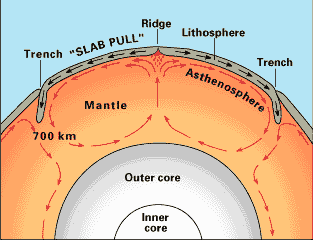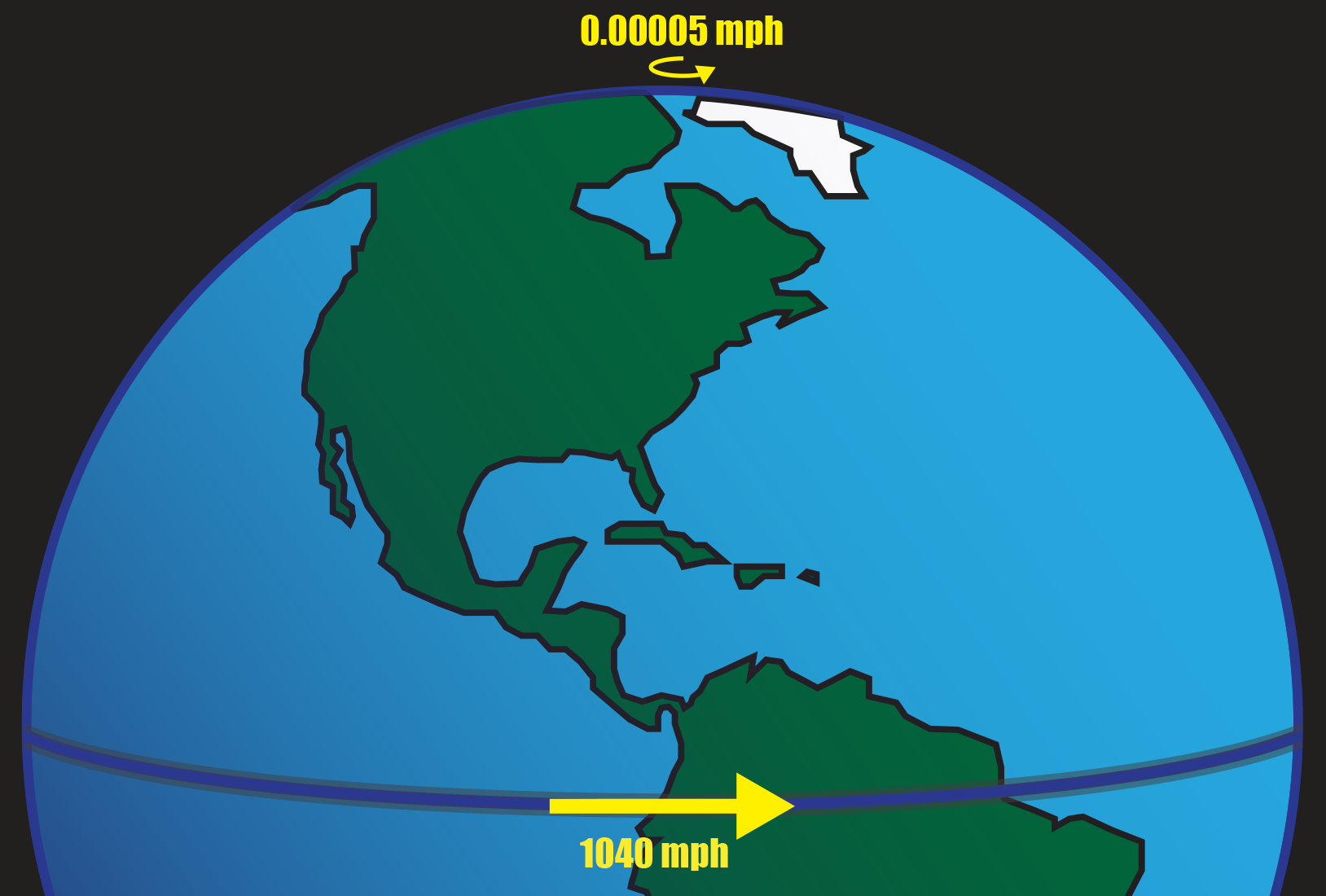In chapter 7 of the Feynman Lectures Volume 1, Feynman explains that the Earth is round due to gravitation as everything attracts everything else. He also says that it is not an exact sphere since it is rotating. I don't get that. What effect does the rotating of the planet have?
He mentions that it is due to centrifugal effects which tend to oppose gravity near the equator. Don't get that either. How is that supposed to make the planet 20 km wider at the equator than it is at the poles?
Here's the link for the lecture: http://www.feynmanlectures.caltech.edu/I_07.html


